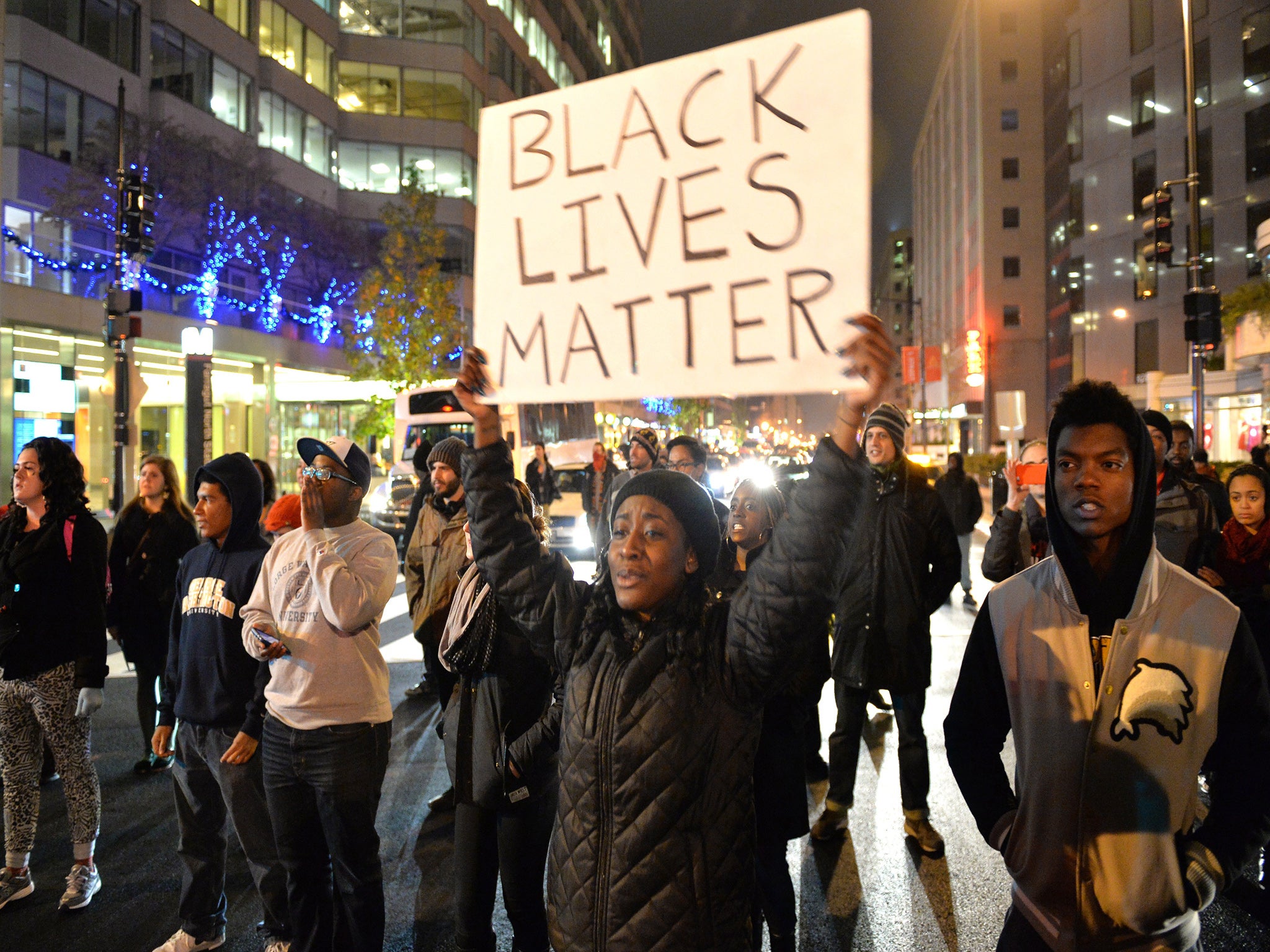Eric Garner grand jury evidence will remain secret
New York Supreme Court judge rules against releasing evidence

Your support helps us to tell the story
From reproductive rights to climate change to Big Tech, The Independent is on the ground when the story is developing. Whether it's investigating the financials of Elon Musk's pro-Trump PAC or producing our latest documentary, 'The A Word', which shines a light on the American women fighting for reproductive rights, we know how important it is to parse out the facts from the messaging.
At such a critical moment in US history, we need reporters on the ground. Your donation allows us to keep sending journalists to speak to both sides of the story.
The Independent is trusted by Americans across the entire political spectrum. And unlike many other quality news outlets, we choose not to lock Americans out of our reporting and analysis with paywalls. We believe quality journalism should be available to everyone, paid for by those who can afford it.
Your support makes all the difference.The evidence presented to a grand jury before the jury exonerated a New York police officer in the controversial death of Eric Garner last July will remain confidential, a New York Supreme Court judge ruled on Thursday.
Several parties had requested the evidence be made public, due to the controversial nature of Mr Garner’s death and the subsequent grand jury verdict. A similar case in Ferguson, Missouri saw the release of much of the information of a grand jury trial of an officer in the death of Michael Brown.
Mr Garner, a black man, was accosted by police in July in the New York borough of Staten Island for allegedly selling loose cigarettes. Police claimed he was resisting arrest and an officer took him to the ground with a headlock.
Video of the incident shows Mr Garner repeatedly saying “I can’t breathe” while police were holding him on the ground. Mr Garner later died in the hospital due to health complications.
Mr Garner’s death incited protests in New York and around the country, which increased after Mr Brown was killed by a police officer in Ferguson in August. Both men were unarmed at the time of their deaths.
Both cases went to grand juries and both juries decided not to indict the police officers, setting off even more heated protests in the respective communities and around the country.
The prosecutor in the Ferguson case made public much of the information presented to the grand jury, prompting demands for the same from the New York grand jury. However, New York law forbids disclosing grand jury proceedings.
In his decision, Justice William Garnett ruled that the parties seeking disclosure of the grand jury information did not establish a “compelling and particularized need” to publicise the proceedings, the New York Times reported.
The groups seeking the information – including the American Civil Liberties Union, the National Association for the Advancement of Coloured People and the New York Post – have said they will appeal. They have 30 days to do so.
Follow @PaytonGuion on Twitter.
Join our commenting forum
Join thought-provoking conversations, follow other Independent readers and see their replies
Comments